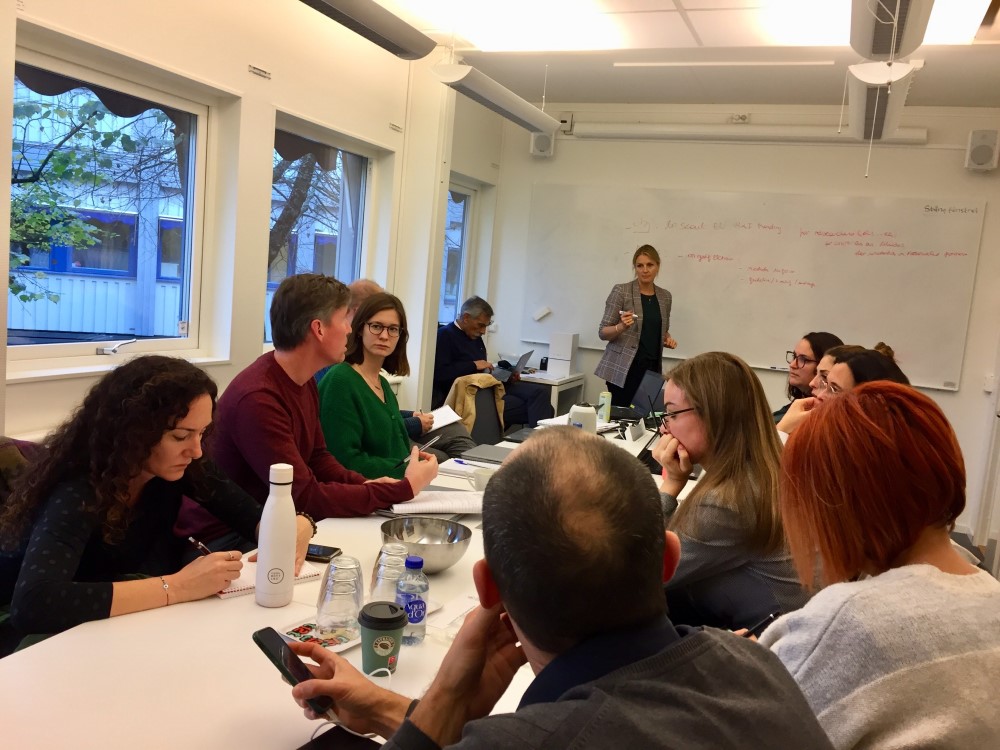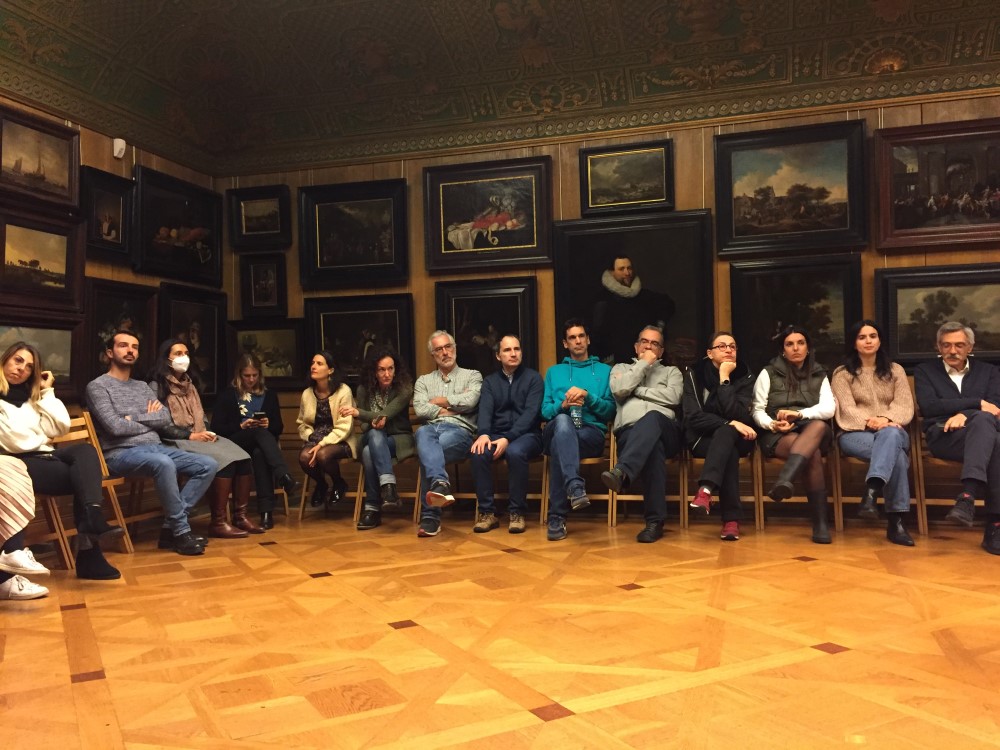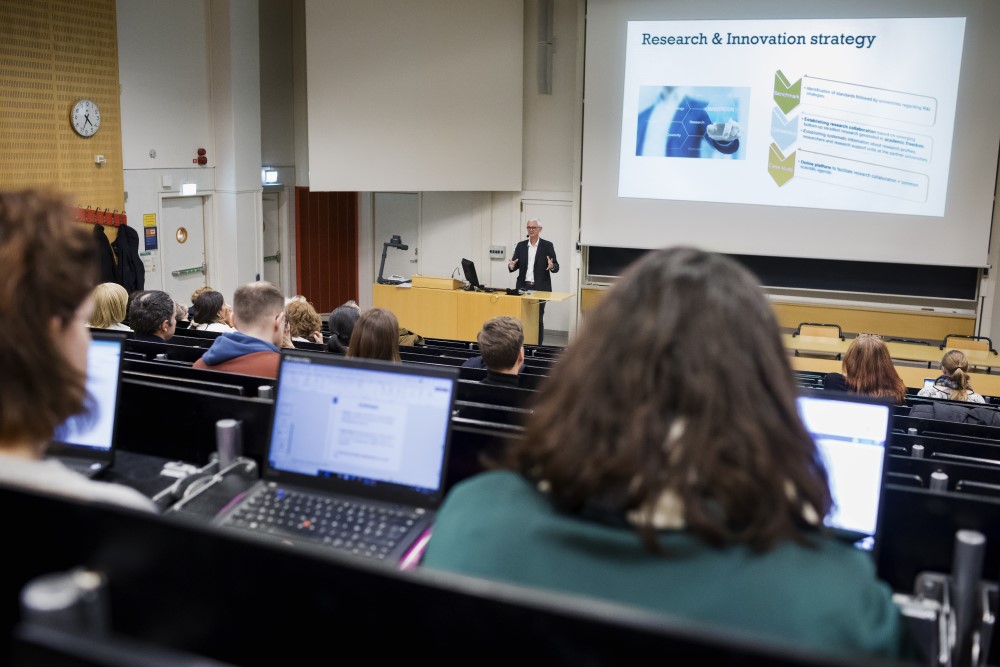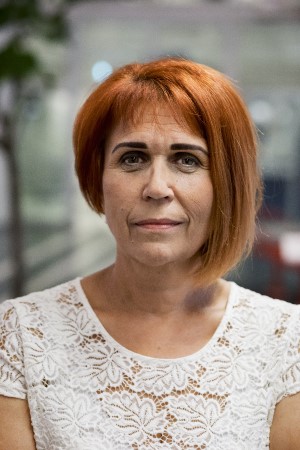Research pillar of CIVIS Alliance takes shape at the RIS4CIVIS Week in Stockholm
CIVIS, Europe’s Civic University Alliance, has ambitious plans for research, and the RIS4CIVIS project is developing a joint strategy for research and innovation. The recent RIS4CIVIS Week in Stockholm confirmed our commitment to the research pillar of the alliance, while also building networks and momentum for the successful completion of RIS4CIVIS.

The RIS4CIVIS project has a particular focus on six vital aspects of any research and innovation strategy, which we call modules:
- Developing a Common Research and Innovation Strategy
- Sharing Infrastructures
- Reinforcing Academia-Business R&I Cooperation
- Strengthening Human Capital
- Mainstreaming of Open Science
- Embedding Citizens and Society
After benchmarking current practice and finding consensus around shared priorities, RIS4CIVIS is now entering a third phase. Each module will be launching one or more case studies to test good practices which could help us support researchers and build more impactful research collaborations across our alliance. These case studies will be evaluated to inform the recommendation of the future strategy. Many will also offer immediate benefits to researchers at CIVIS member universities, such as new training opportunities, facilitated networking and partnerships, or access to research infrastructures.

Meeting at Stockholm University on 17-21 September 2022, the academics and staff leading RIS4CIVIS and its modules were able to exchange ideas and confirm plans for the emerging case studies. Modules 1 and 3 used the week to fully launch their case studies with workshops about network building, innovation strategies and training for start-ups. Finally, the Stockholm University community were invited to join a public event presenting the essence of CIVIS and RIS4CIVIS.

To understand the impact of the RIS4CIVIS week, we spoke to two of the participants who travelled to Stockholm.
Elena Ionica
Associate Professor of Biochemistry, University of Bucharest
(President, University of Bucharest Research Ethical Committee)

What are you doing here today?
I am here because I want something new for my university. It has to do with having visions and about growing and using what we already have as in expertise and culture. We need to improve our strategies: in research, in innovation and in networking… to take some new steps in implementation.
What is your role within RIS4CIVIS?
I am new to CIVIS – the first time I participated was in Rome in Sept in 2022. But I have been at the university for a very long time, as head of the Department of Research and Technological transfer from 2005-2011. But I am also here because I am a curious person! I like strategy and research with a focus on ethics.
What impact do you envision RIS4CIVIS is going to have for European research in the future?
RIS4CIVIS will help us put together the infrastructures for our research units and this can help researchers to communicate with each other, to come up with and implement joint projects. If the universities within the alliance decide to have similar levels for the research units it will be very helpful, not only in terms of research, but also of education.
Ross Hanley
Technical Bid Writer, University of Glasgow
 What are you doing here today?
What are you doing here today?
I am here representing Glasgow. I’m participating in the workshop about RIS4CIVIS Module 1 and in a meeting of the CIVIS Taskforce on EU-funded research projects. I want to explore the communalities between the work carried out in these two parts of CIVIS. I am also here to learn about the people and the work in RIS4CIVIS Module 1.
What is your role within RIS4CIVIS?
Since Glasgow is not formally participating in RIS4CIVIS, I have no formal role here — but we are indeed very interested in the work of the Taskforce. I am very interested in all the work carried out within CIVIS, especially the work on research and on service.
What impact do you envision RIS4CIVIS is going to have for European research in the future?
I think it will serve to help researchers to network and to find each other - and to connect. It will enhance connections across the universities and help build and implement activities on all levels within the CIVIS Alliance.
